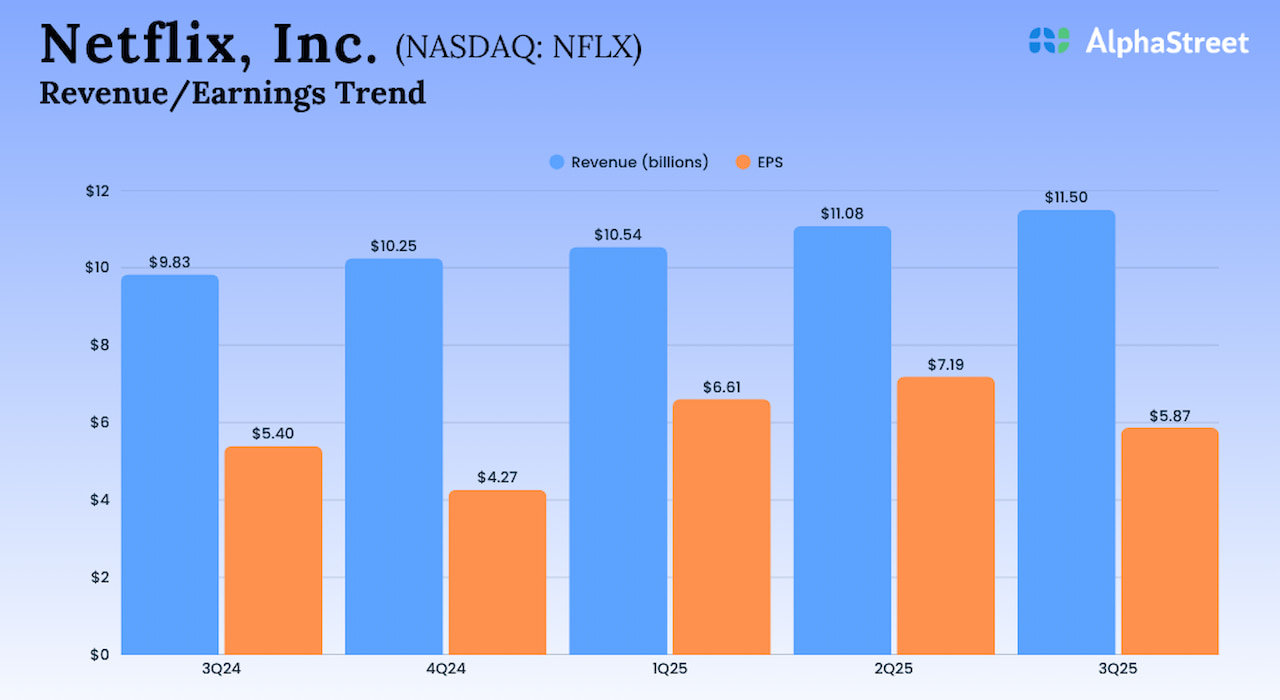Recent years have seen a flurry of bank acquisitions by credit unions, causing many to question the relevance of the taxA tax is a mandatory payment or charge collected by local, state, and national governments from individuals or businesses to cover the costs of general government services, goods, and activities.
incentives these credit unions receive. Credit unions remain exempt from most federal and state taxes, except for local property taxes. Therefore, when a credit union acquires a bank, state or local governments can lose much of the tax revenue that the bank was paying. A tax preference originally designed to level the playing field now has the opposite effect, creating preferences for one class of financial institutions even though the distinctions between credit unions and banks are increasingly blurred.
Federal chartering of credit unions began during the Great Depression when Congress created a corporate tax exemptionA tax exemption excludes certain income, revenue, or even taxpayers from tax altogether. For example, nonprofits that fulfill certain requirements are granted tax-exempt status by the Internal Revenue Service (IRS), preventing them from having to pay income tax.
to support the institutions’ intended goal of providing financial services access to low-income, unbanked individuals with a “common bond” (e.g., a corporate employer credit union, or a government agency credit union). Prior to their creation, low-income earners were forced to turn to more risky financing or expensive alternatives, as they often had difficulty accessing traditional banking. In many ways, credit unions were seen as a means of leveling the playing field, and tax exemptions were intended to facilitate broader access to financial services, which may have been unprofitable through traditional banking channels.
Many argue that in the decades since the exemption began, credit unions have strayed from their original mission. Unlike other financial institutions, credit unions are not included in the federal Community Reinvestment Act, though they are required by some states to ensure that they are meeting the credit needs of the communities in which they operate. The pace of credit union–bank acquisitions signals that credit unions are no longer alternatives to banking, but competitors with similar product offerings and client bases.
For banks, selling to credit unions can mean greater returns for shareholders, as credit union deals are all cash and often above what other banks would offer (as bank acquisition costs must be justified to shareholders). Of course, the more cash paid means that banks structured as C corporations will see the acquisition amount taxed at the corporate level and then again when distributions are made to shareholders. Nevertheless, the premium that credit unions offer is attractive to many.
Some have called on Congress to end federal tax incentives for credit unions, making the tax code more neutral. As the federal government has yet to act, some states are taking it upon themselves to limit such acquisitions and some are considering revoking state tax incentives altogether. Ending credit union tax exemptions helps protect local and state coffers and could provide additional revenue that could be used to make a state’s tax code more competitive.
Regulators in Minnesota, Nebraska, and Tennessee have blocked credit union–bank acquisition deals in recent years, and others have expressed strong opposition to such transactions. Mississippi became the first state to ban credit union–bank deals by limiting the types of institutions that may acquire state-chartered banks to those insured by the Federal Deposit Insurance Corporation (FDIC).
Elsewhere, however, credit unions have been on a bank acquisition spree. Since 2011, more than 100 credit union–bank acquisition deals have been announced across the country (with more than half the states having acquisition deals). Alabama, Florida, and Michigan account for nearly 40 percent of all deals. While some deals fell through or were stopped by regulators, many were finalized, leaving states and local governments with less revenue.
The response from state legislatures has been mixed. Lawmakers in Washington State passed legislation that would subject state-chartered credit unions to the business and occupation (B&O) tax at a rate of 1.2 percent if they acquire a bank regulated by the state. While the B&O tax represents unsound tax policy as it is levied on gross revenue, the current preference for credit unions is difficult to justify. Similarly, the West Virginia Legislature passed House Bill 2693 which, similar to the Mississippi law, requires that any surviving entity of an acquisition of a state-chartered bank be insured by the FDIC. On the other hand, a Colorado bill, which ultimately did not advance, would have allowed credit unions to acquire banks, cutting in the opposite direction of policy considerations in most states.
States are not uniform in how they tax financial institutions. Most banks pay either a general corporate income taxA corporate income tax (CIT) is levied by federal and state governments on business profits. Many companies are not subject to the CIT because they are taxed as pass-through businesses, with income reportable under the individual income tax.
or a special financial institution tax (known by different names in the states that levy them). Regardless of the method applied, the result of credit union–bank acquisitions is a loss of revenue for the state and/or local governments even when the financial services provided are virtually identical.
To cite one example: Louisiana’s code features a bank shares tax, a local tax that generated an estimated $111 million in 2024. (This does not include what banks paid in property, sales, or other taxes.) For Louisiana residents, every acquisition of a bank by a credit union means less funding for local services. This became a conversation point when TDECU, a Texas credit union, announced plans to acquire Sabine State Bank and Trust Company, based in Many, Louisiana.
According to data from the National Credit Union Administration, a federal agency, total assets in federally insured credit unions rose by $52 billion to $2.31 trillion in 2024. While significantly less than the $24 trillion in assets held in commercial banking, potential base erosion and the non-neutrality it creates should not be ignored. Credit union–bank acquisitions that exempt profits derived from banking assets from taxation could significantly erode the tax baseThe tax base is the total amount of income, property, assets, consumption, transactions, or other economic activity subject to taxation by a tax authority. A narrow tax base is non-neutral and inefficient. A broad tax base reduces tax administration costs and allows more revenue to be raised at lower rates.
.
State attempts to tax creditA tax credit is a provision that reduces a taxpayer’s final tax bill, dollar-for-dollar. A tax credit differs from deductions and exemptions, which reduce taxable income rather than the taxpayer’s tax bill directly.
unions or limit their ability to acquire banks could lead to federal charter conversions. While not a foregone conclusion given the steps required and relevant regulation, successful conversions could remove the ability of the state to regulate these entities. Moreover, with a federal charter, credit unions would preserve their tax-exempt status. To be clear, credit unions may opt to convert their charters from state to federal, or federal to state, for a variety of reasons, including expansion. However, preserving a non-neutral tax advantage over their bank competitors, and engaging in acquisitions that leave the state worse off, should not be a motivation for or permitted by conversion.
States cannot act alone to reverse the distortionary results of preferencing credit unions. Congress should revisit and reexamine the assumptions that underpin the federal credit union tax exemption and the consequences that have resulted from the policy. Because states are preempted from taxing federally chartered credit unions and largely leave state-chartered credit unions tax-exempt, they are missing out on an opportunity to invest additional tax revenue into reforms that could benefit residents and businesses alike. The original intent behind the tax preference was to level the playing field. Ironically, removing it now could do just that.
Stay informed on the tax policies impacting you.
Subscribe to get insights from our trusted experts delivered straight to your inbox.
Subscribe
Share this article



























